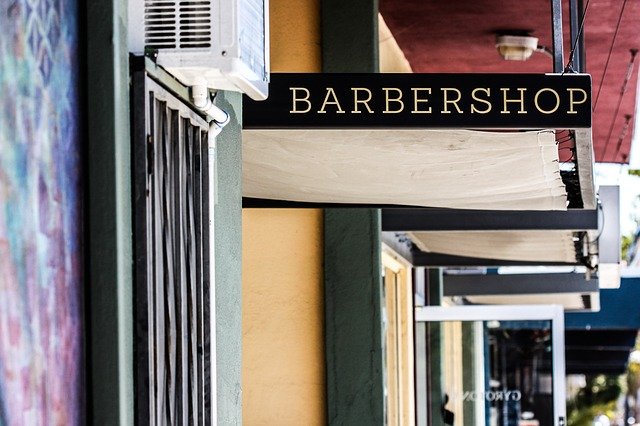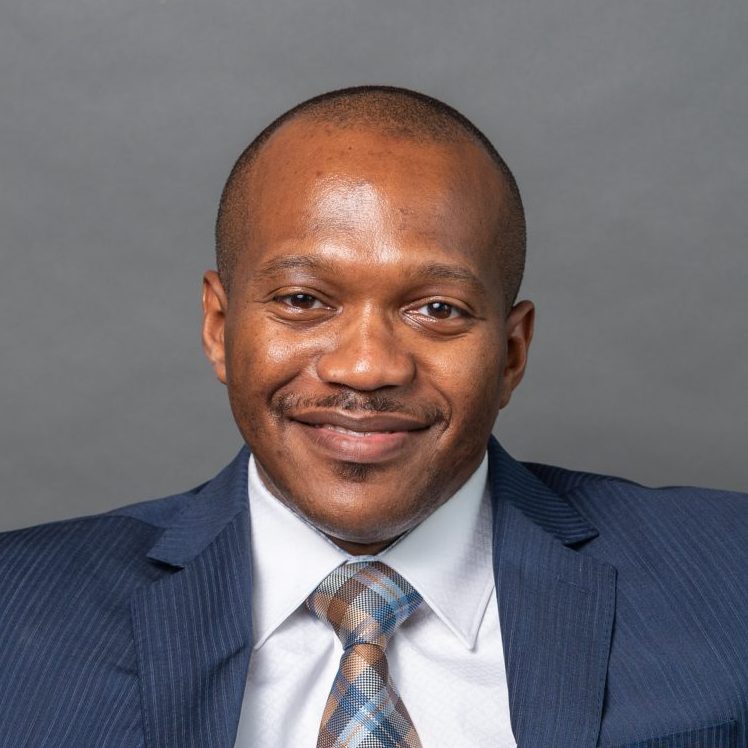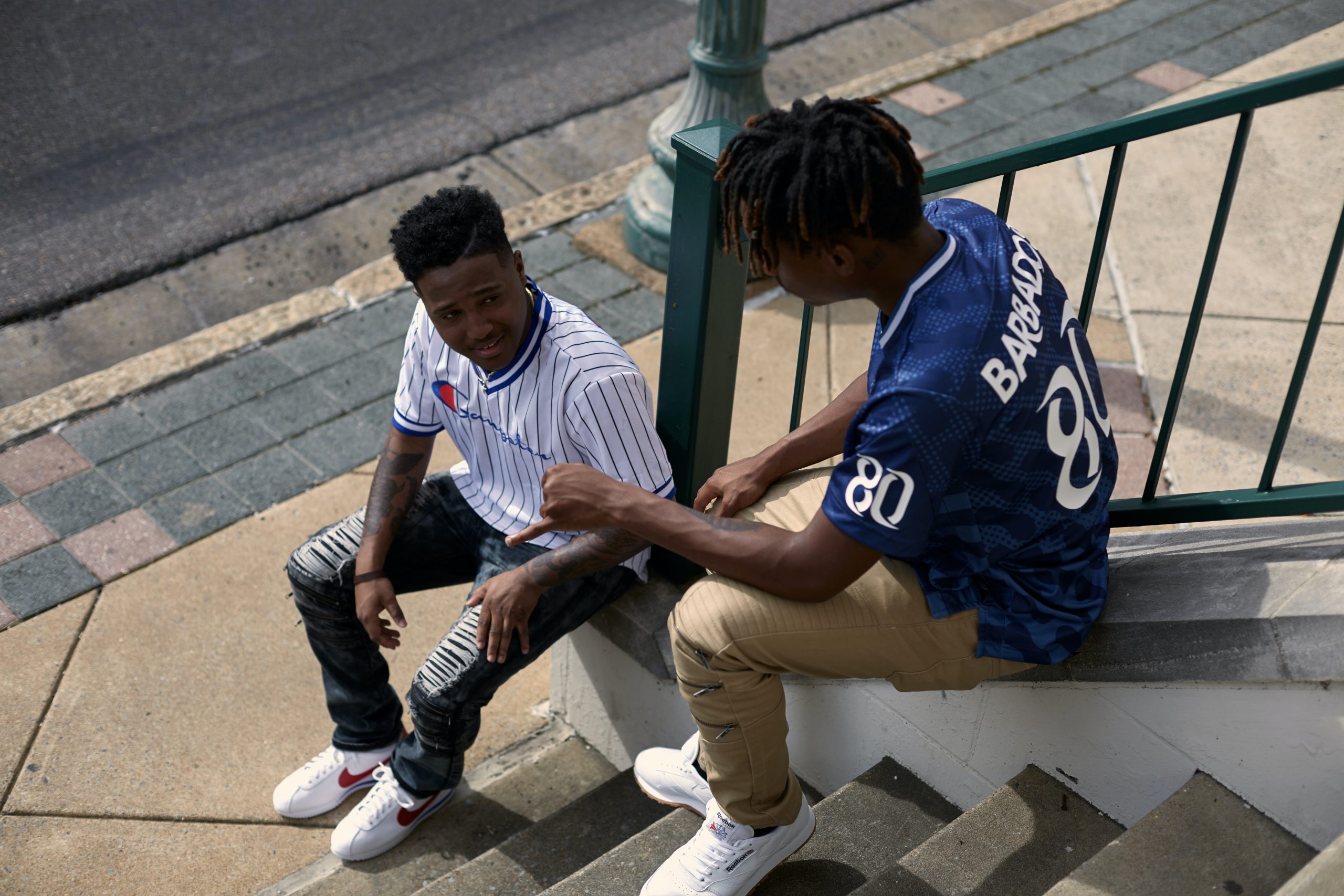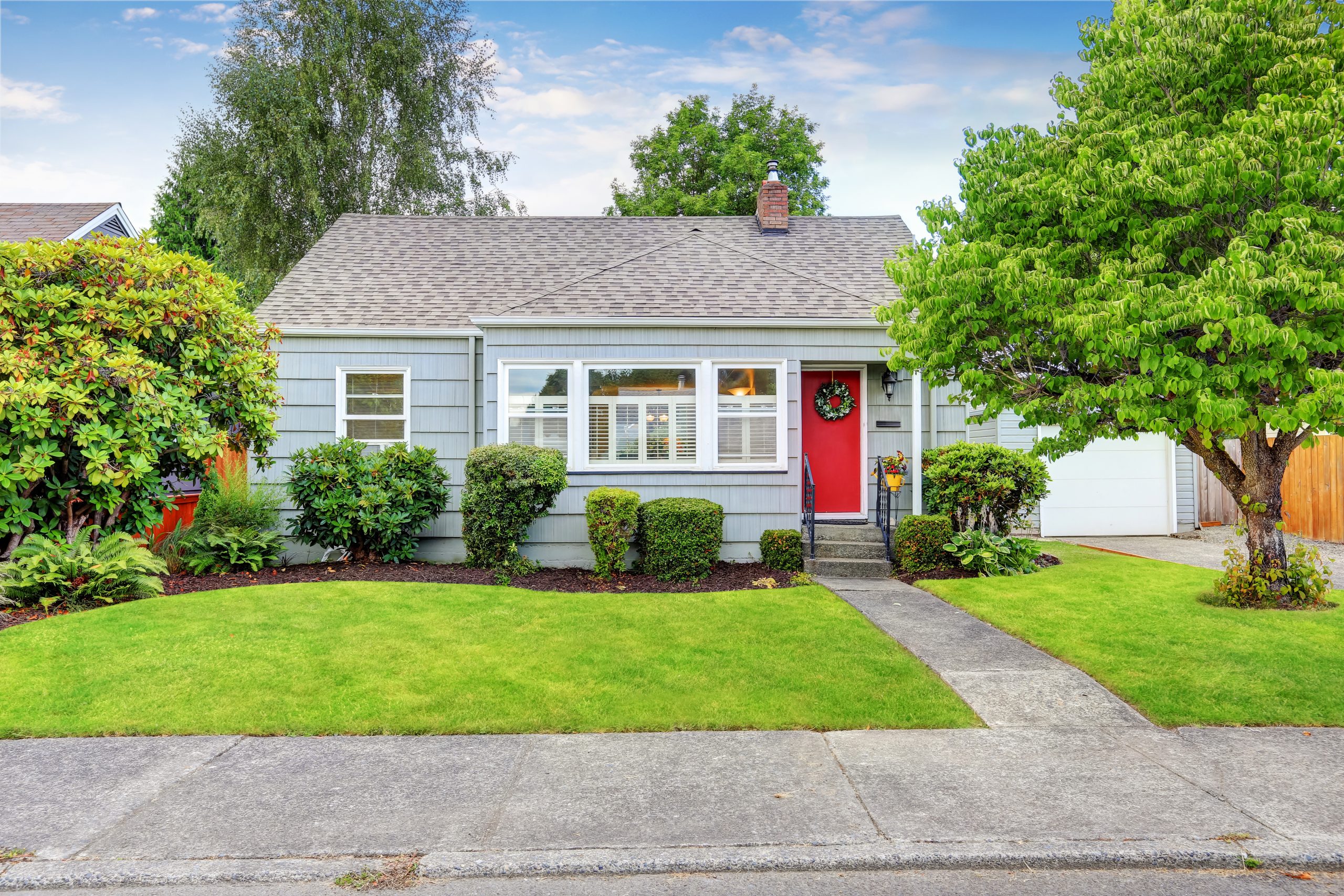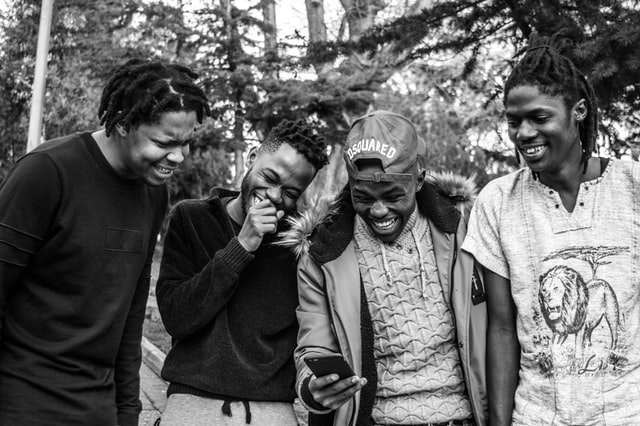When I first moved to Chicago’s Hyde Park neighborhood, I searched for a new barbershop. Previously, I lived and worked in Evanston, IL. However, now that I was working for Third Baptist Church of Chicago on the city’s southside, I needed to find a new barbershop closer to my new home.
Thankfully, I stumbled upon the Hyde Park Barber Studio. Quickly it became apparent to me that this was a place where black men and women gathered for a haircut and lively conversation. This was a vibrant community. The colors of Black love filled the atmosphere. You couldn’t miss it. My barber, Ivan Hairston Sr., the owner of the barbershop, Abdul Karim Shakir, and the other barbers were incredibly respectful and caring.
When I walked in and out of the barbershop—and while I sat in the barber’s chair—I felt the love and acceptance of the men in this barbershop. The experience of looking into the eyes of the barbers and the barbers looking into my eyes when I first walked into the barbershop and when I left the barbershop communicated that “we love you” and “we see you.” Yes, this barbershop became my new home.
At the Hyde Park Barber Studio, I did not have to perform. In this space, the white gaze did not exist—Black people did not have to perform in a way that is considered acceptable or understandable by whites. This was our shop. This was a space where we could talk about what we wanted to talk about on our terms. It was a space where we were connected to our African roots and African ancestors. It was a space where multiple Afrocentric religious perspectives could thrive.
Not only did we talk about the typical things that you often hear at Black barbershops (sports, romantic life, etc.); rather, this was a space where we, as community— beloved Black community, bonded, often times passionately so, and thrived together. This is not to say that people coming in and out of the barbershop did not have moments of struggle. It is, however, to say that within this community, we found life, love, and support for one another to make it to yet another day, all while keeping it real. This ability to keep it real, reflect, and connect with loving community in barbershops is a tremendous gift to Black people. It is a community that naturally embodies an ability to nurture emotional, psychological, and spiritual healing for Black people.
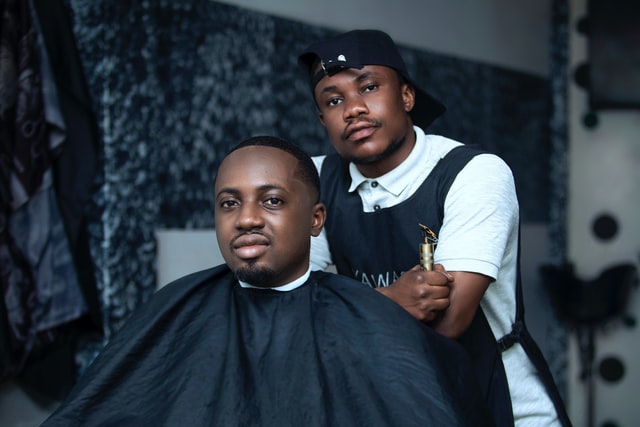
One might say, “Well, what about those who don’t have hair to cut at a barbershop?” This is a fair and incredibly important point. In fact, as my hairline recedes, I wonder if there will be a day when I, too, will no longer be able to go to a barbershop for a haircut. Yet, what I am pointing to here is that there are incredibly important elements of love, care, and inspiration in Black barbershops that are transferrable for any loving community that supports the survival, healing, liberation, and flourishing of Black people.
Here are some of the elements that I see present in Black Barbershops as Healing Communities:
- Barbershops provide a space of safety—While in a Black barbershop, one can have the feeling that it is a safe place. Even if threat comes to us while in the barbershop, we know that we have each other’s back.
- Barbershops provide a space for intimacy—The experience of a Black barber touching and knowing the head of a client is a form of intimacy. Society, too often, pathologizes and minimizes the need for intimacy amongst Black men. The barber, contrary to this limiting cultural norm, provides what are considered acceptable moments of intimacy and connection for Black men.
- Barbershops provide a space for laughter—Black men can laugh their souls happy.
- Barbershops provide a space for authentic expression—Black men can give full expression to their experiences in life, emotions, and perspectives. All is welcome.
- Barbershops provide a space to be heard—The hum of the clippers on the head and around the ears of Black men sitting in the barber’s chair along with the listening and caring ear of a barber provides a space for Black men to be heard.
Note: This is not to say that all Black barbershops provide such a nurturing and loving space for Black men. It is to say, however, that at their best, Black barbershops naturally provide all of these elements of care and healing community that are transferable to other spaces for Black men to be heard, understood, and receive care.
Barbershop Talk on September 29th
I experienced all of these elements of supportive and loving community at the Hyde Park Barber Studio. This barbershop was one of two barbershops I visited to recruit Black men who told their stories in my book, Care for the Mental & Spiritual Health of Black Men: Hope to Keep Going. We also held the book’s focus group at Hyde Park Barber Studio.
I am grateful that the owner of Hyde Park Barber Studio, Abdul Karim Shakir, allowed me to recruit men in by book from his barbershop and hosted the book’s focus group at his barbershop.
Given this history with Hyde Park Barber Studio, I am beyond thrilled that Abdul Karim Shakir and the Hyde Park Barber Studio is hosting a community conversation on Black men’s mental and spiritual health on Wednesday, September 29th at 8:00pm-9:00pm Central Time. Chaka Holley, Abdul Karim Shakir, and I will be present, physically-distanced, at the barbershop, and the live audience will join us online via livestream. All are welcome. We hope that you will join us, tune in, and participate in this important community conversation.
Barbershops have tremendous potential to function as loving and healing community. May we learn from the good, healing, and therapeutic work already being done by barbershops, like Hyde Park Barber Studio, and invest further into nurturing similar spaces and communities where all Black people can survive, heal, become liberated, and flourish.

